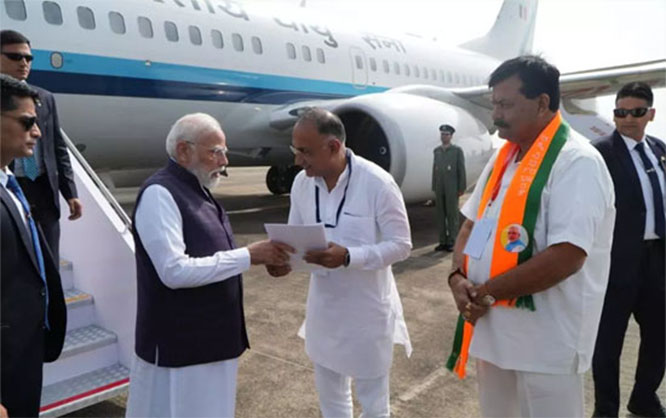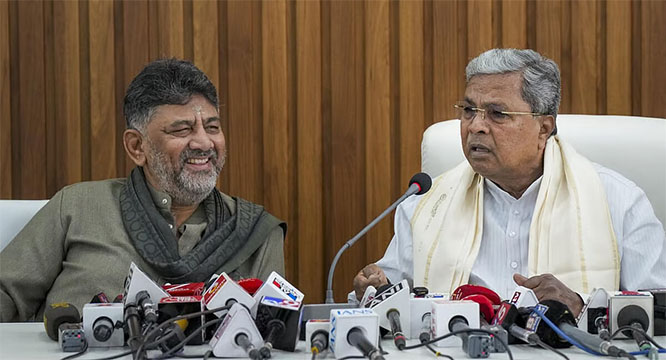New Delhi, Feb 1: Stressed that the government is committed to farmers' welfare, Finance Minister Nirmala Sitharaman on Friday said the MSP regime has undergone a "sea change" to assure price at least 1.5 times of production cost with sharp increase in procurement of foodgrains and payment to farmers.
In her budget speech for the next fiscal, she said the procurement of crops like paddy, wheat, pulses and cotton has jumped manifold in the last six years.
"Our government is committed to the welfare of farmers. The MSP (minimum support price) regime has undergone a sea change to assure price that is at least 1.5 times the cost of production across all commodities," Sitharaman said.
"The procurement has also continued to increase at a steady pace. This has resulted in increase in payment to farmers substantially," she said.
As the minister started highlighting the government's initiatives and achievements in the agriculture sector, opposition members started demanding repeal of three new farm laws.
Thousands of farmers, mainly from Punjab, Haryana and Western Uttar Pradesh, have been protesting at Delhi borders for more than two months seeking repeal of three laws and a legal guarantee of the MSP.
Sharing the procurement data and amount paid to farmers under MSP operation, Sitharaman said: "In case of wheat, the total amount paid to farmers in 2013-14 was Rs 33,874 crore. In 2019-20, it was Rs 62,802 crore."
In 2020-21, she said the amount paid to farmers is over Rs 75,000 crore.
"The number of wheat growing farmers that were benefited increased in 2020-21 to 43.36 lakh compared to 35.57 lakh in 2019-20. That much of an increase within one year," the finance minister said.
For paddy, Sitharaman said the amount paid in 2013-14 was Rs 63,928 crore. In 2019-20, this increased to Rs 1,41,930 crore. Even better in 2020-21, the minister said this is further estimated to increase to Rs 1,72,752 crore.
Number of paddy farmers benefitted increased from 1.2 crore in 2019-20 to 1.54 crore in 2020-21.
In pulses, Sitharaman said Rs 236 crore was paid to farmers in 2013-14. "In 2019-20, this was increased to Rs 8,285 crore. Now in 2020-21, it is at Rs 10,530 crore, more than 40 times increase from 2013-14."
Similarly, Rs 90 crore was paid in 2013-14 to cotton farmers while Rs 25,974 crore has been paid in 2020-21 as of January 27.







Comments
Add new comment